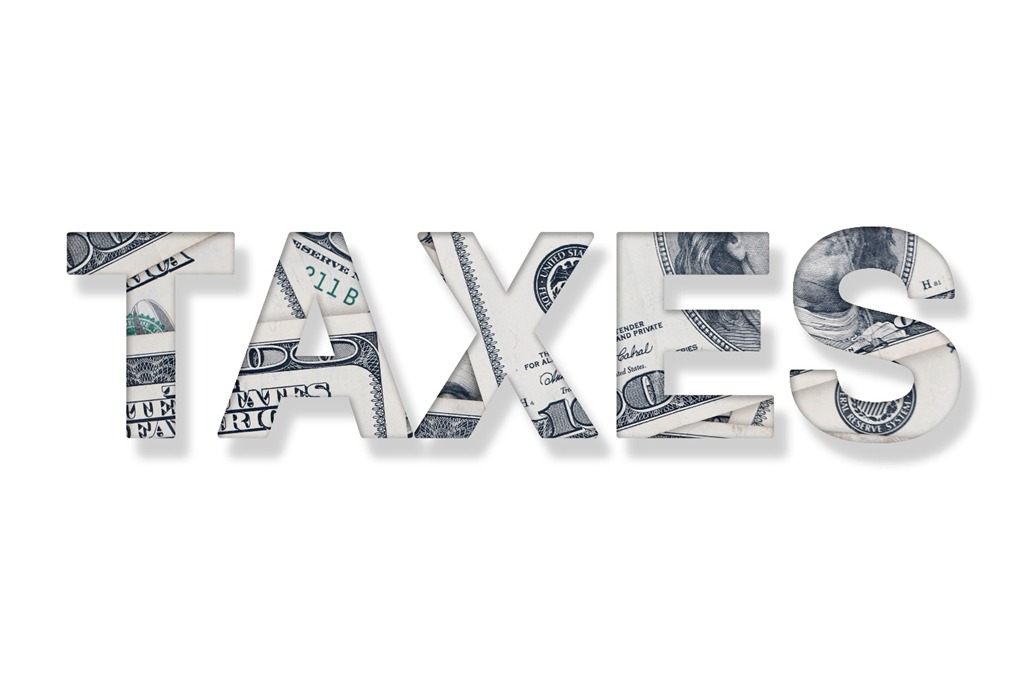
Beware of Shady Tax Preparers: IRS Shares Tips on Finding Trustworthy Professionals
The Internal Revenue Service (IRS) is urging taxpayers to be cautious when choosing tax return preparers and to avoid falling victim to unscrupulous individuals. As part of its annual Dirty Dozen campaign (IR-2023-59), the IRS highlights 12 scams and schemes that put taxpayers and tax professionals at risk of financial loss, personal information theft, and other dangers.
“Most tax professionals offer excellent advice and can help people navigate complex tax issues. However, some taxpayers are ‘ghosted’ by unscrupulous tax preparers who provide bad advice and then quickly disappear,” warns IRS Commissioner Danny Werfel. The IRS advises taxpayers to be aware of common warning signs, such as preparers who charge fees based on the size of the refund or refuse to sign tax returns.
When searching for a tax preparer, taxpayers should consider their individual needs and verify the professional’s credentials. The IRS offers resources to help taxpayers educate themselves on different types of preparers, representation rights, and a directory of federal tax return preparers with credentials and select qualifications.
To avoid “ghost” preparers, taxpayers should ensure that the tax professional is willing to sign the tax return and provide their IRS Preparer Tax Identification Number (PTIN). Shady tax preparers may ask for cash-only payments, invent false income or deductions, or direct refunds into their bank accounts instead of the taxpayer’s account.
If you suspect a tax preparer of misconduct, you can report it to the IRS using Form 14157, Complaint: Tax Return Preparer. If you believe a tax return preparer filed or altered your tax return without your consent, file Form 14157-A, Tax Return Preparer Fraud or Misconduct Affidavit.
The IRS encourages taxpayers and tax practitioners to report abusive tax schemes and return preparers as part of the Dirty Dozen awareness effort. To report an abusive tax scheme or preparer, complete Form 14242 and mail or fax it to the IRS Lead Development Center in the Office of Promoter Investigations.
For more information on abusive tax schemes and preparers, visit the IRS website and reference the Dirty Dozen campaign (IR-2023-56).
***Disclaimer: This communication is not intended as tax advice, and no tax accountant -client relationship results**
